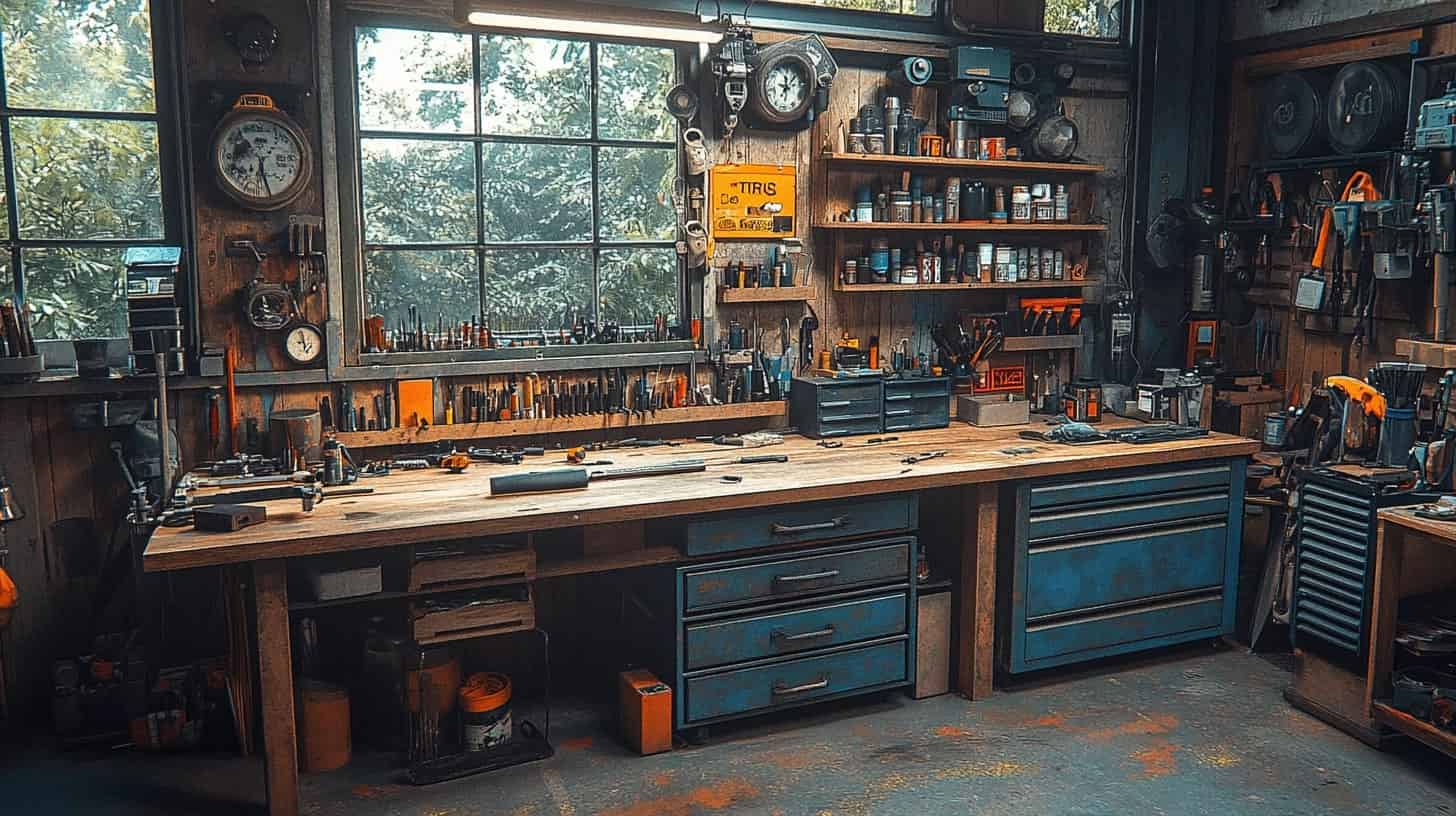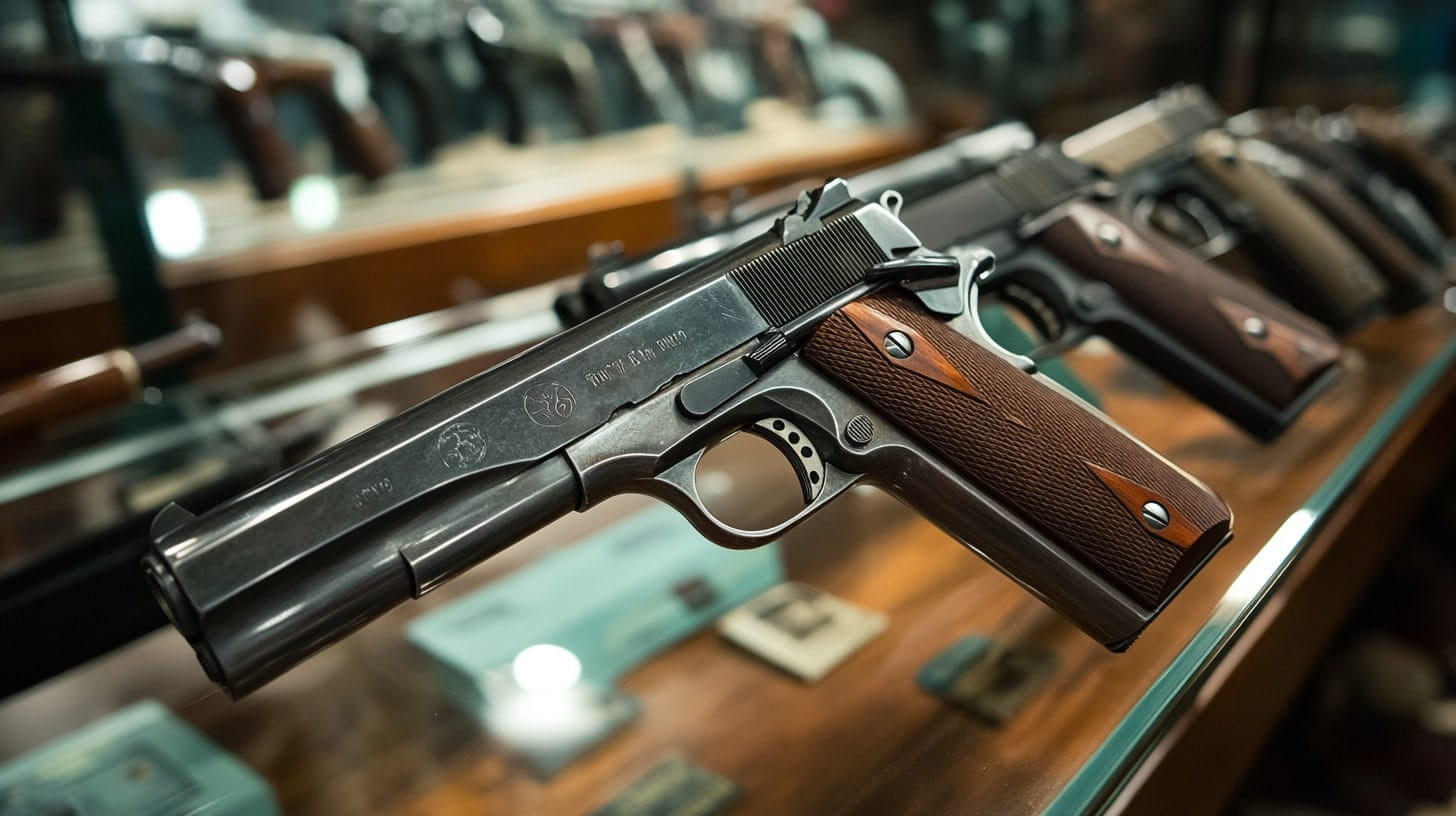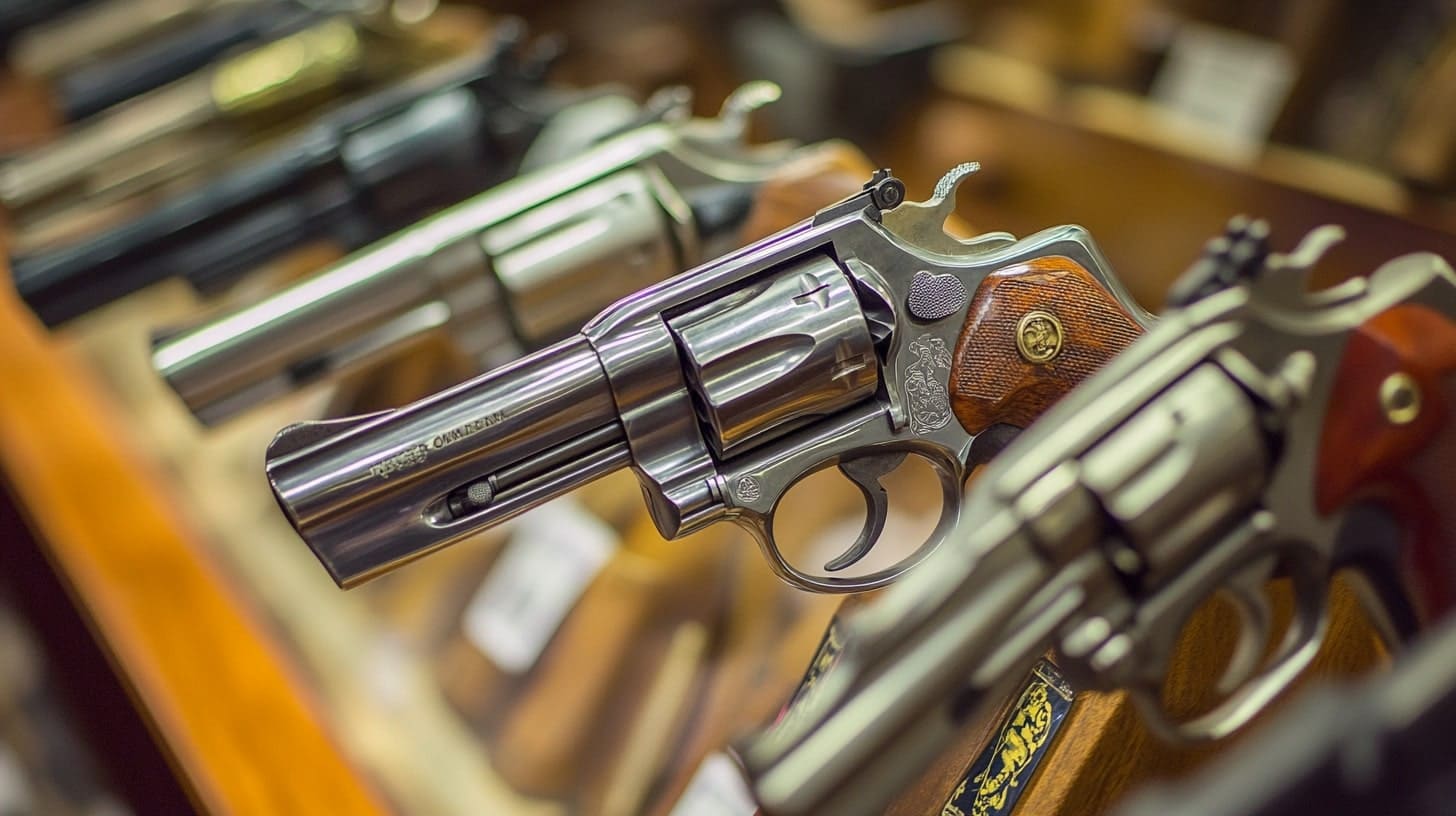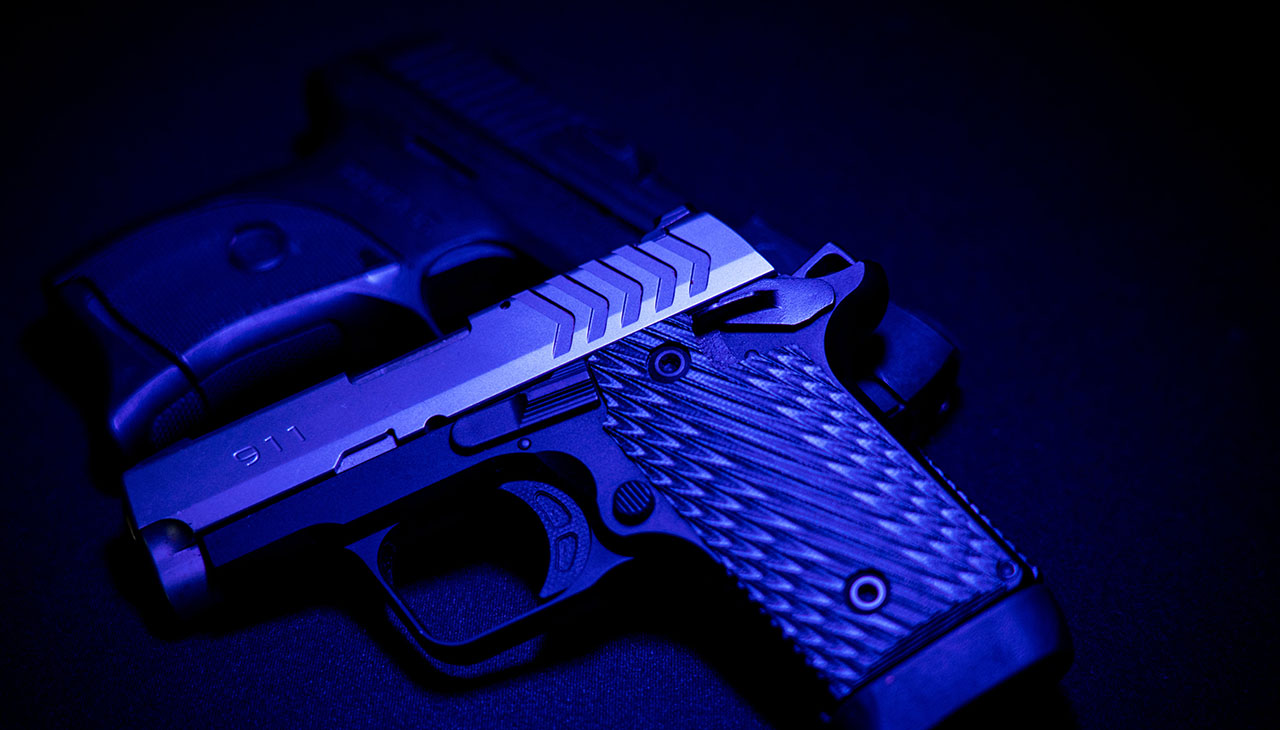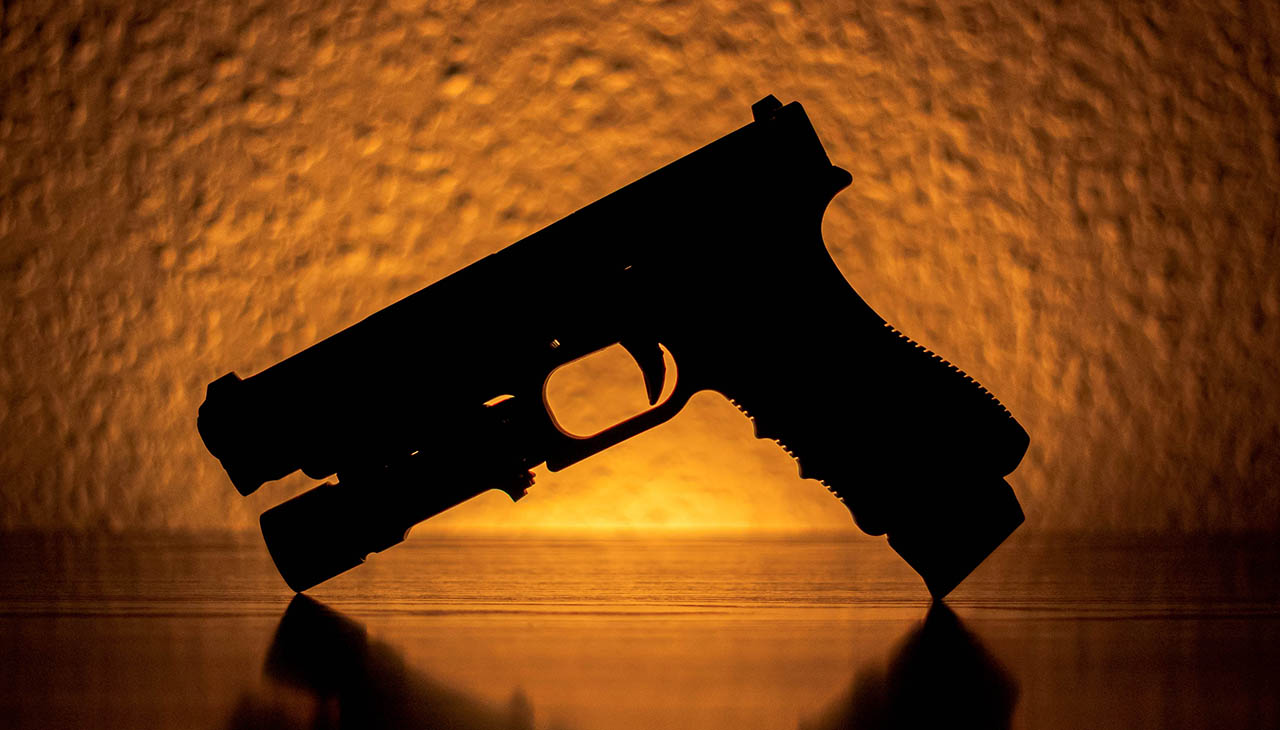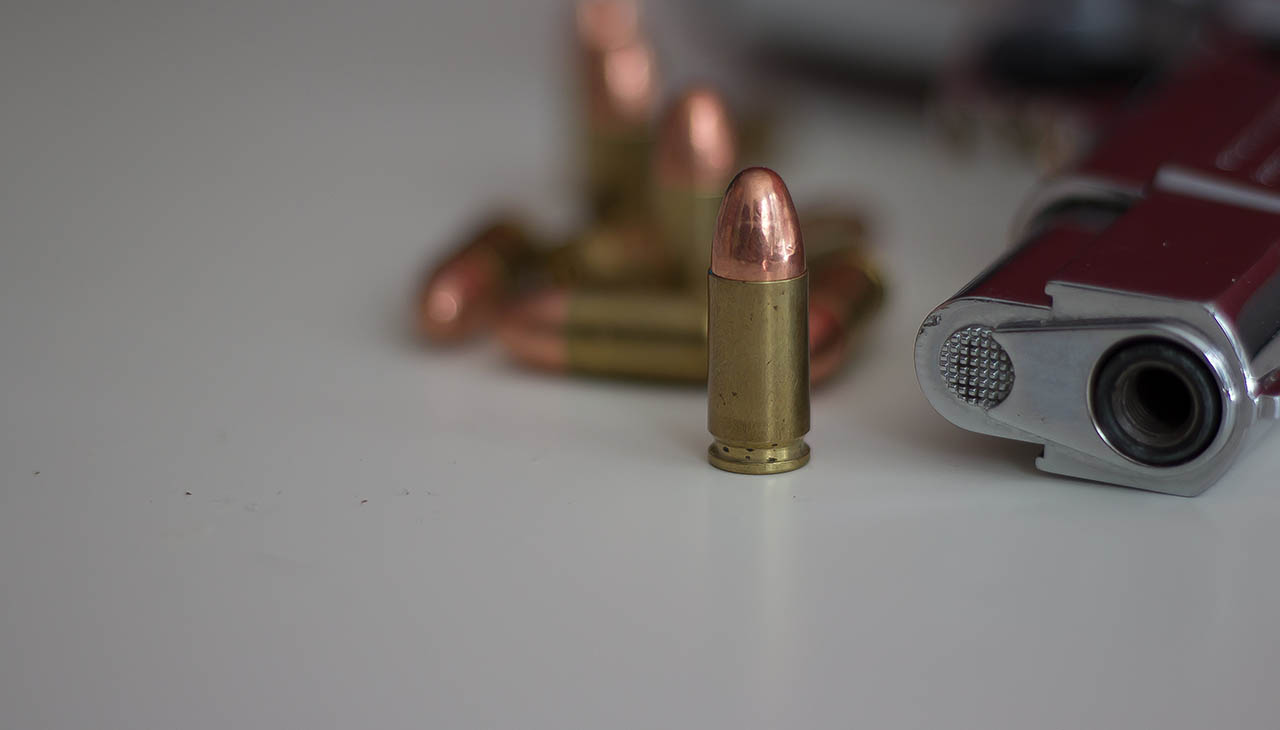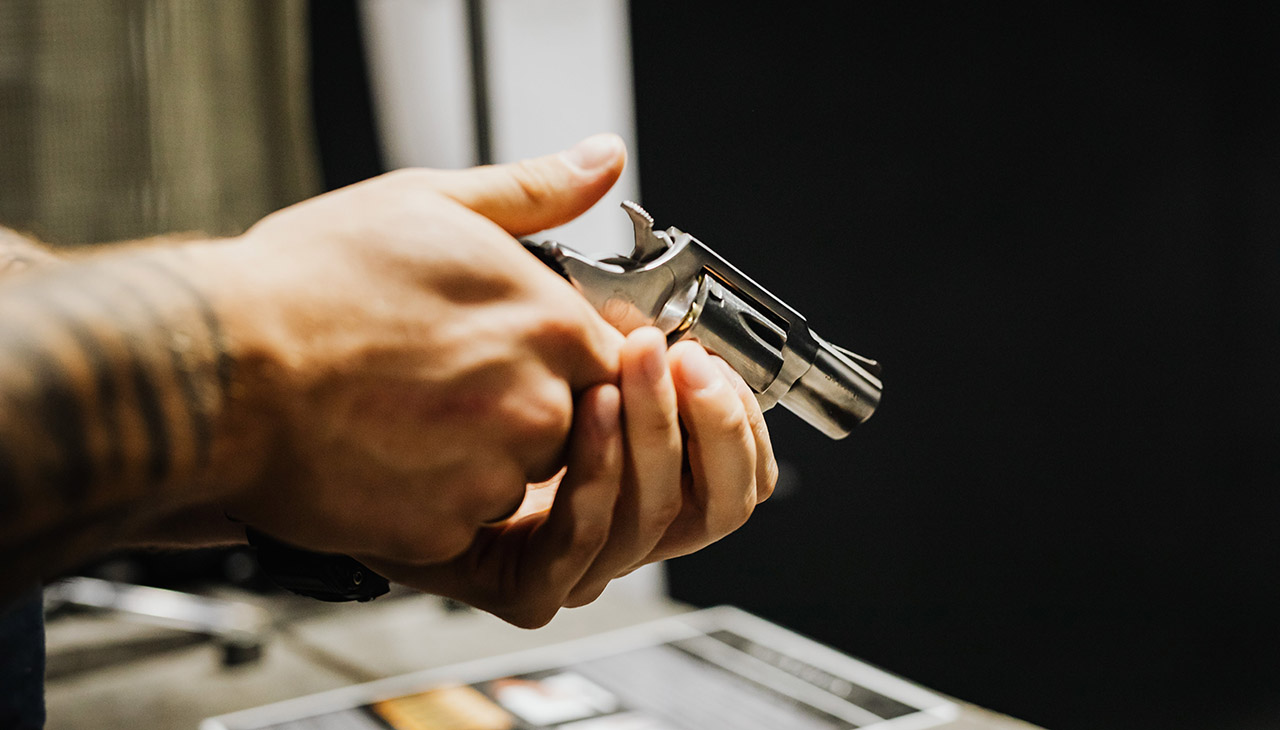Best Tips for Maintaining Your Firearm: A Practical Guide
Owning a firearm comes with great responsibility, not just in terms of safety and handling but also in maintenance. Proper care ensures that your weapon remains reliable, accurate, and safe for use over the years. Whether you own a handgun, shotgun, or rifle, routine cleaning and maintenance are crucial for its longevity and performance.
Neglecting firearm maintenance can lead to malfunctions, reduced accuracy, or even dangerous misfires. Fortunately, taking care of your firearm is neither difficult nor overly time-consuming if done regularly. This article provides practical and essential tips on how to keep your gun in the best possible condition.
Understanding Why Firearm Maintenance Matters
A well-maintained firearm is a safe firearm. Dirt, carbon buildup, moisture, and corrosion can compromise your gun’s function, potentially leading to failures when you need it most. Regular cleaning and lubrication not only extend the lifespan of your firearm but also help maintain its value if you ever decide to sell or trade it.
Even if your gun is stored and rarely used, it can still accumulate dust, oil degradation, and even rust in humid environments. That’s why regular checkups and proper storage are just as important as cleaning after shooting sessions.
Essential Tools for Firearm Cleaning
To properly maintain your firearm, you’ll need a few essential tools and supplies:
- Cleaning Kit – A universal or caliber-specific kit with rods, brushes, patches, and cleaning solvents.
- Gun Oil and Lubricant – Prevents rust and ensures smooth operation of moving parts.
- Bore Brush – Used to remove fouling and debris from the barrel.
- Cleaning Patches and Jag – Used with solvent to wipe out residue inside the barrel.
- Microfiber Cloth – Ideal for wiping down surfaces and preventing fingerprints.
- Cotton Swabs and Toothbrush – Helps clean small or hard-to-reach areas.
Having these tools on hand makes it easier to keep your firearm in peak condition without unnecessary hassle.
Step-by-Step Firearm Cleaning Process
1. Safety First: Unload Your Firearm
Before starting any cleaning or maintenance process, always make sure your firearm is completely unloaded. Remove the magazine, check the chamber, and ensure there is no ammunition nearby. Always work in a well-lit, ventilated area with a clean surface.
2. Disassemble According to Manufacturer Instructions
Every firearm model has specific disassembly procedures. Refer to your owner’s manual to properly take apart your gun without damaging any components. For most semi-automatic pistols, this involves removing the slide, barrel, recoil spring, and frame. Rifles and shotguns will have different take-down steps.
3. Clean the Barrel and Bore
The barrel is the heart of your firearm’s accuracy, so keeping it clean is essential. Use a bore brush with a solvent-soaked patch to break down carbon and fouling. Follow up with dry patches until they come out clean. A final pass with a lightly oiled patch prevents rust.
4. Remove Carbon Build-Up from Moving Parts
Carbon residue from firing accumulates in areas like the bolt, slide, firing pin, and trigger assembly. Use a small brush or cotton swabs to remove buildup, applying a light solvent to dissolve stubborn dirt. Wipe everything dry before applying lubricant.
5. Lubricate Key Components
A firearm needs lubrication to function smoothly, but too much oil can attract dust and grime. Apply a minimal amount of gun oil to the slide rails, bolt, and pivot points where friction occurs. Wipe away any excess to prevent build-up.
6. Inspect for Wear and Damage
Regular inspections can prevent potential malfunctions. Check for signs of wear, cracks, loose screws, or any abnormal marks on critical components. If you notice excessive wear, consider consulting a gunsmith before using the firearm again.
7. Reassemble and Function Check
Once everything is clean and lubricated, reassemble the firearm in the correct order. Perform a quick function check—rack the slide, cycle the action, and ensure everything moves freely. Dry-fire (if safe for your firearm model) to confirm proper function.
Proper Storage to Prevent Corrosion
Even a well-cleaned firearm can develop rust if not stored properly. Follow these best practices for firearm storage:
- Use a Gun Safe or Cabinet – Keeps your firearms secure from unauthorized access and environmental damage.
- Dehumidifiers or Silica Gel – Reduces moisture inside your storage area, preventing rust and corrosion.
- Gun Socks or Storage Bags – Protects firearms from dust and scratches.
- Lightly Oiled Surface – Before long-term storage, wipe down metal parts with a thin coat of oil to prevent oxidation.
Proper storage ensures your firearm remains in perfect condition, even if not used for extended periods.
Additional Maintenance Tips
- Clean After Every Use – Even if you only fire a few rounds, cleaning after each use prevents fouling buildup.
- Check Screws and Fittings – Regularly tighten screws on optics, grips, and stocks to ensure they remain secure.
- Rotate Ammunition – If keeping a firearm loaded for self-defense, swap out rounds periodically to prevent potential reliability issues.
- Keep a Maintenance Log – Track when you last cleaned and lubricated your firearm, especially if you own multiple guns.
Conclusion
Firearm maintenance is a crucial responsibility for every gun owner. Regular cleaning, proper lubrication, and secure storage ensure your weapon remains reliable, safe, and functional for years to come. By following these simple yet effective maintenance tips, you can prevent malfunctions, extend the lifespan of your firearm, and maintain its value.
Taking care of your gun isn’t just about cleanliness—it’s about ensuring safety, accuracy, and peak performance whenever you need it. A well-maintained firearm is a dependable one, so invest time in its upkeep, and it will serve you well in return.

